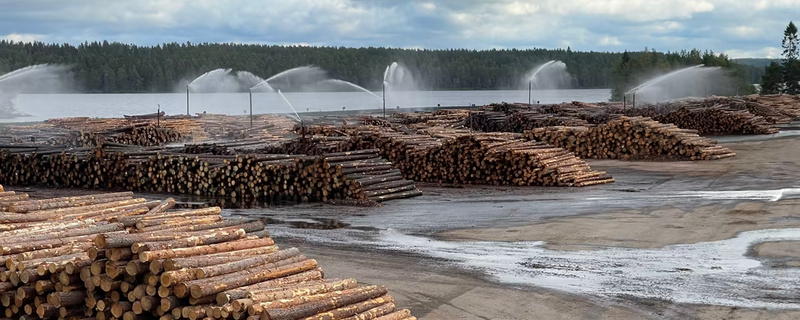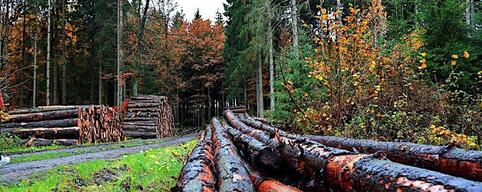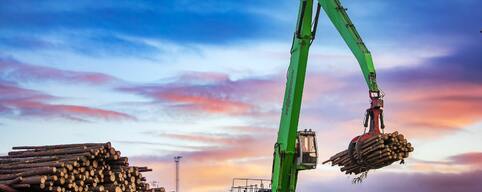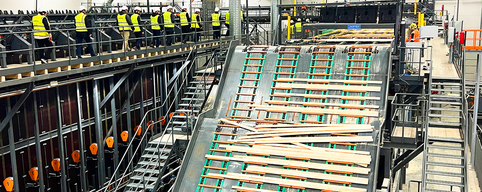

The forest products sector in Finland is facing a shortage of raw materials and is now looking to concentrate on producing more highly processed and high-value products, says Ali Harlin, a research professor at the VTT Technical Research Centre of Finland. Availability of wood as a raw material has decreased, fuelled by the end of imports from Russia and the growing use of wood in producing biofuel energy through chips and pellets. Increasing forest harvesting is difficult as a result of the European Union's carbon sink obligations. The solution to the shortage of raw materials is to increase the added value of the forest industry's final products, says Harlin. Rather than concentrating on increasing the volume of production, the industry needs to focus on creating added value from the same amount of raw materials.
The shortage of raw materials has spurred the Finnish forest industry sector into developing new, higher-value products to replace the shortage of wood. One of these products may be fine carbon powder, which can be used in lithium-ion batteries. Lignin, one of the main chemical building blocks of trees, which traditionally has been considered waste by the pulp and paper industries, is being used to create new products. Stora Enso is pursuing lignin-based glue, with the entire product being bio-based. The company is also testing the use of lignin as a substitute for bitumen in asphalt production. Forest industry companies have more than a dozen promising new products of higher processing value in the development pipeline.
Many companies are now actively looking for alternative sources of materials to replace the wood fibres. One company, Fiber-X-Finland, is testing alternative fibre sources for the pulp industry, with demand for such testing mostly coming from abroad. Alternatives to wood fibres could be straw and hemp waste fibres obtained from agriculture which would reduce the burning and waste of by-products.



